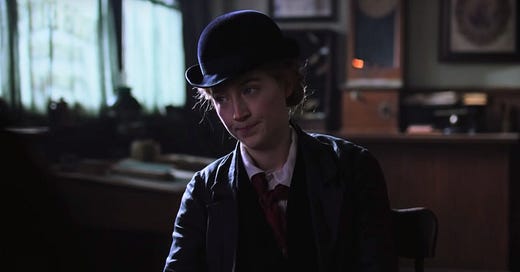Movie Enthusiast Issue 72: Leftover Thoughts on 2019 Releases
Congratulations to Laura Dern on her Oscar win last night! All that canvassing by David Lynch and the gay community finally paid off. If you haven’t seen Parasite yet—well, what’s the hold up?
Watching
Hustlers (2019)
The premise of Hustlers sounds great on paper—strippers who rip off Wall Street hucksters! What’s not to love? Director Lorene Scafaria has…



